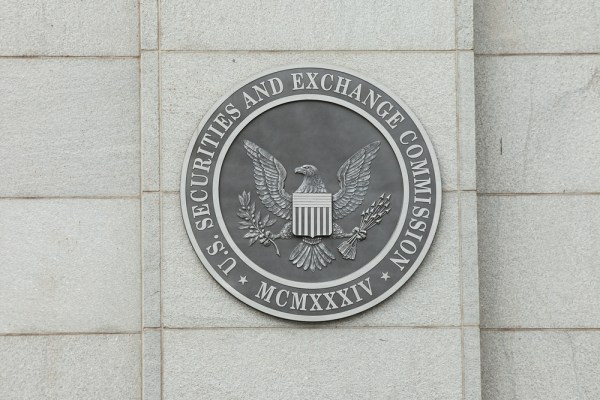Consider it an early warning, or maybe a gentle reminder, from your friendly securities regulator.
SEC Chair Mary Jo White came to the heart of Silicon Valley to deliver a speech at Stanford University’s Rock Center for Corporate Governance on March 31, 2016, which touched on a variety of topics but was rather forthright in addressing startup valuations.
Management and boards at late-stage, or pre-IPO, companies are on notice that the SEC is paying attention to the late-stage financing arena, and should look internally to ensure that corporate governance and financial controls are befitting their scale, and should also ensure the accuracy of the disclosures they make when raising funds.
Job No. 1 of the SEC is investor protection. Viewed through this lens, it makes sense that the SEC would start paying attention to what’s going on in the world of unicorns and their “eye-popping,” as White put it, valuations.
To be fair, late-stage financing occurs in the private markets, where the players are sophisticated and typically understand the risks associated with growth-stage investing.
However, these financings are still subject to basic securities laws requirements, including the accuracy of information provided to prospective investors in these companies, which White openly questioned.
In the Unicorn context, there is a worry that the tail may wag the horn, so to speak, on valuation disclosures. SEC Chair, Mary Jo White
She was concerned that the motivations to achieve a high valuation may lead to impropriety in disclosures.
White noted, “In the Unicorn context, there is a worry that the tail may wag the horn, so to speak, on valuation disclosures. The concern is whether the prestige associated with reaching a sky high valuation fast drives companies to try to appear more valuable than they actually are.”
It’s well-known in Silicon Valley that valuation itself has become a KPI, whether for noble reasons (recruiting talent) or not (valuation as vanity metric).
White wondered aloud “… whether the publicity and pressure to achieve the Unicorn benchmark is analogous to that felt by public companies to meet projections they make to the market with the attendant risk of financial reporting problems.”
The SEC has now reminded companies that these motivations and pressures do not excuse bending the rules by inaccurately reflecting company performance.
Leaders at companies ought to examine whether their management teams and boards have proper regulatory, financial and industry experience to make the right decisions to benefit all stakeholders.
Further, the SEC is keenly aware that the risk of inaccuracy is increased at startups because they tend to have looser internal controls than their public counterparts (Zenefits is the glaring example here). Accordingly, White stressed the importance of financial controls and corporate governance at pre-IPO companies.
The trend of companies staying private longer has had an effective multiplier effect on concerns about internal controls. The IPO process itself is a solution to these problems, through the disinfecting nature of transparency and the commitment of companies to strengthen controls and governance. By punting on the IPO, companies are also delaying transparent financial and operational reporting and the building of strong internal governance and financial controls.
Private companies that operate at a scale that is on par with listed public companies, but which do not have the same level of internal controls, pose a risk to investor and market protection. And when that happens, the SEC will care.
Indeed, White warned that fast-growing unicorns may be at risk of not having controls in place to ensure accurate financial statements. Leaders in the startup community should consider whether companies they manage or advise have grown their internal controls and governance structures in proportion to the companies’ operational scale.
Leaders at companies ought to examine whether their management teams and boards have proper regulatory, financial and industry experience to make the right decisions to benefit all stakeholders.
